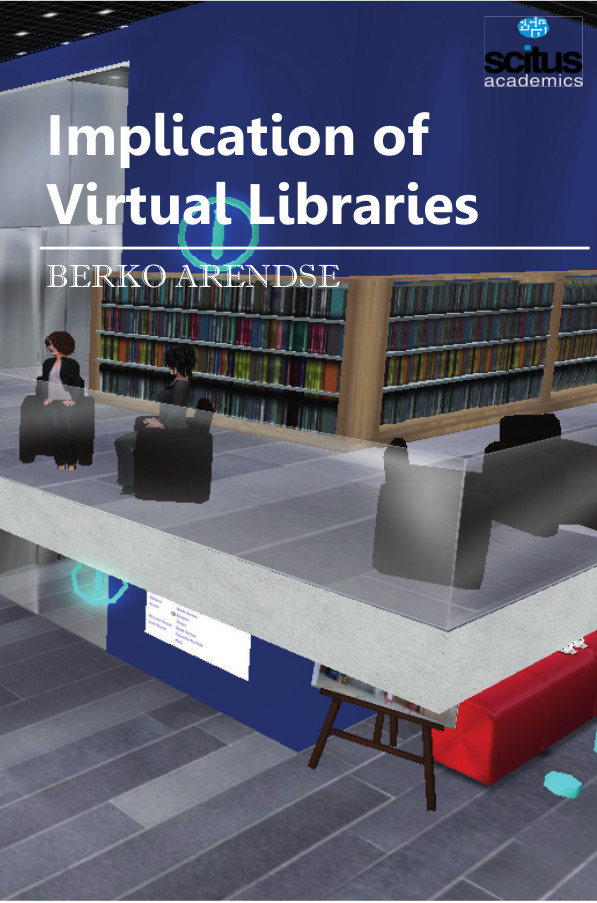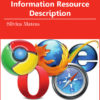A virtual library is a digital space that keeps and organizes virtual books and their associated documents. It also can refer to a space where the books can be read. These spaces can include computers, mobile devices and the Internet. Some virtual libraries can be accessed for free, and others require subscriptions. The virtual library is a digital library which has the look and feel of a traditional physical library with collections of materials. There are very few examples today, especially among those libraries that call themselves a virtual library. The digital library is an organization including staff, computers, networks, and all other resources necessary to organize, store provide access to, subsidize, preserve, and retrieve selected digital documents where, when, and how needed by users. The term “Digital documents” is used in the widest sense of the word, and includes, but is not limited to one or more computer usable files and can include everything from text, multimedia, database, motion pictures or any other type of digital document. An advantage of using a virtual library is that it is able to store many books in a small amount of space.
Physical books can take up a lot of space. By using a digital library, readers can access their entire personal libraries in one location, on either a computer or a mobile device. The need for physical books diminishes by using a virtual library, so digital libraries also have the benefit of helping to conserve paper resources. Although a virtual library can be, hypothetically, used without the need for the World Wide Web, the Internet is often tied to digital libraries. Certain websites provides users the ability to catalog and organize their digital libraries. They can also provide users with suggestions for new books to read, based on the content of their libraries, can give them the opportunity to connect with other users who share the same tastes. Some websites can implement community-based features, such as those that enable users to participate in virtual book clubs and read peer reviews of books. The book Implication of Virtual Libraries addresses the issue by providing insight into the current changes and developments within the area of library science.













